With the world watching, the Republic of Ireland has become the first nation to enact marriage equality by popular vote.
The leader of the opposition, David Quinn, has already conceded the loss. “Congratulations to the Yes side on their win,” tweeted Quinn, who is director of the Iona Institute. And in a more lengthy statement Quinn is already pivoting to the next fight, saying "We hope the Government will address the concerns voters on the No side have about the implications for freedom of religion and freedom of conscience."
(RELATED: Photos of Joyful Celebration Happening in Ireland)
But today is a day of celebration for supporters of LGBT rights, both in Ireland and worldwide. The margin is still being finalized but all reports say Irish voters Friday overwhelmingly approved adding this language to the country’s constitution: “Marriage may be contracted in accordance with law by two persons without distinction as to their sex.”
The results make Ireland the 19th country in the world to extend legal marriage rights to same-sex couples.
The marriage equality measure had the backing of every major Irish political party and most of the nation’s leaders, including Prime Minister Enda Kenny. While most of the Irish, like Kenny, are Roman Catholics, the church’s opposition to making civil marriage available to same-sex couples did not sway them. Some other religious groups endorsed marriage equality, as did major corporations and Irish celebrities, including Colin Farrell and Bono. Polls leading up to the vote showed a majority of citizens in favor of equal marriage rights.
(RELATED: Live Feed of Tweets and Instagrams from Ireland Celebration)
Ireland, unlike other countries where marriage equality has become law, had to conduct a popular vote on the matter because marriage is governed by the constitution, and the only way to enact a law that is deemed to be at odds with the constitution is to have it approved by a majority of voters. The nation’s cabinet members agreed last December to hold the marriage equality referendum.
Popular votes on marriage have been held in two Eastern European countries, Croatia and Slovenia, but voters in both nations rejected marriage equality. Slovenia’s Parliament, however, approved a marriage equality law nonetheless.


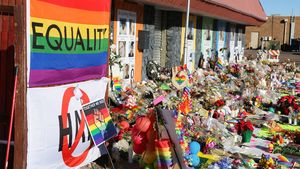



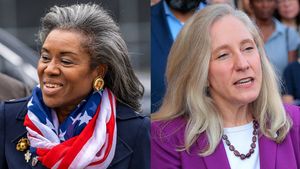
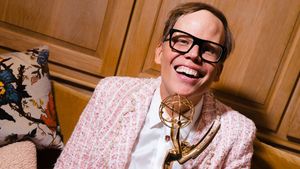



























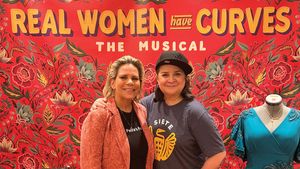





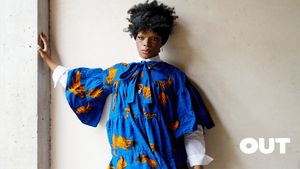








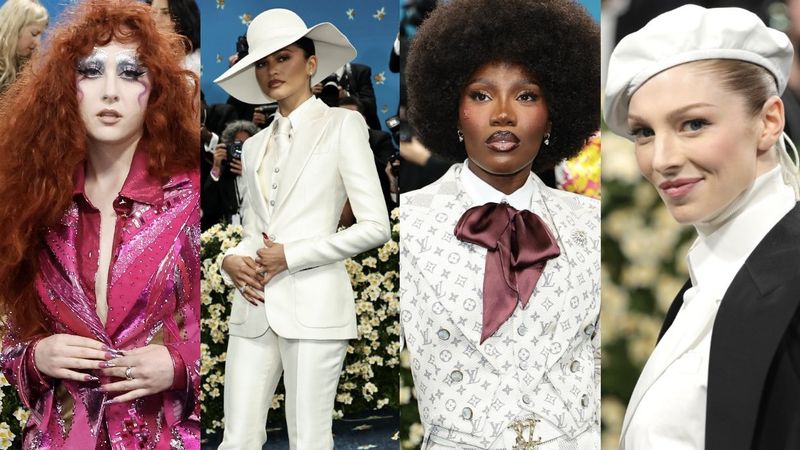




































 Cindy Ord/Getty Images
Cindy Ord/Getty Images

























